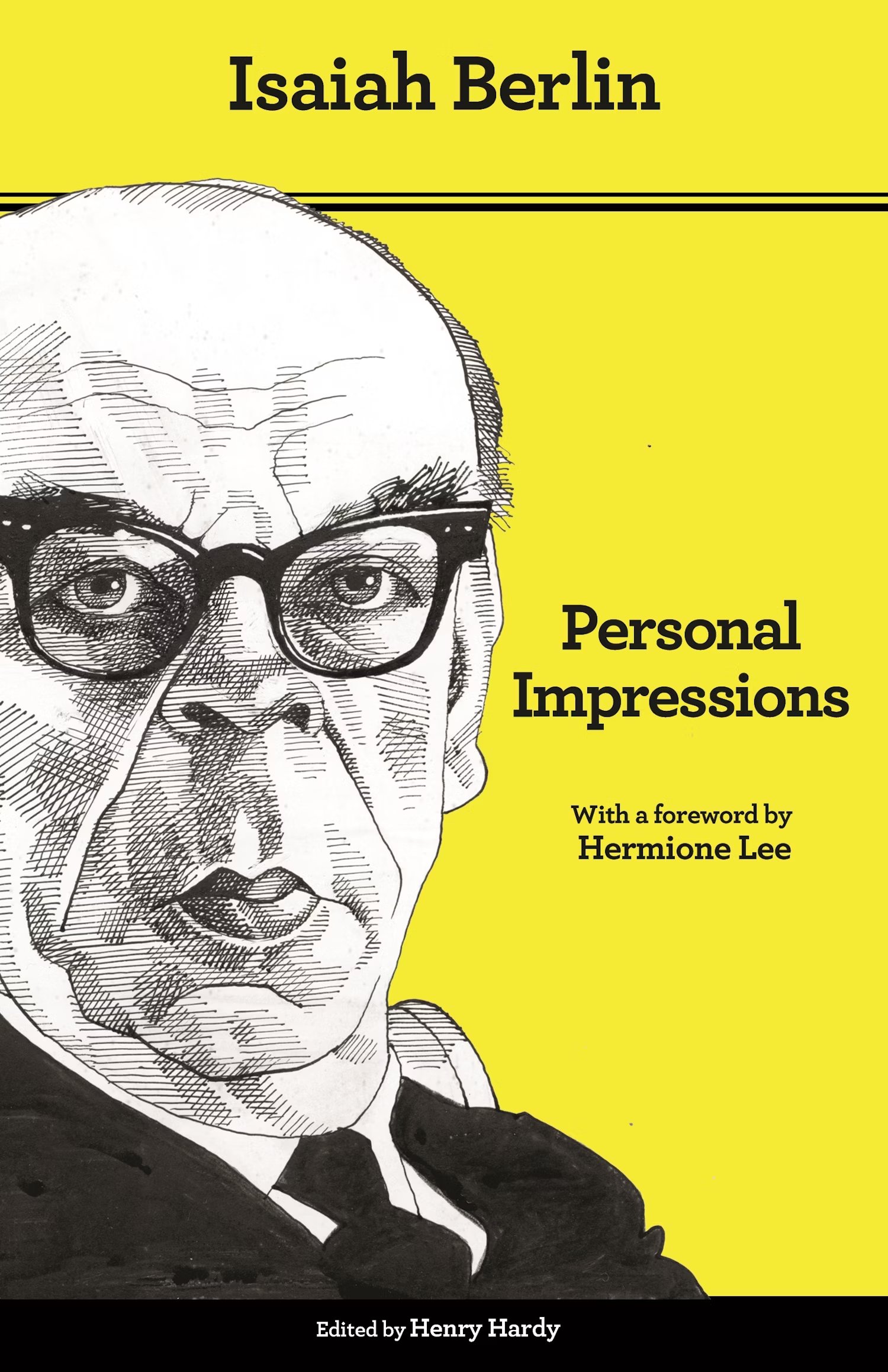Highlights from The Hedgehog and the Fox by Michael, Hardy, Henry, Berlin, Isaiah Ignatieff

Highlights from this book
-
Tolstoy stood at the opposite pole to all this. He believed that only by patient empirical observation could any knowledge be obtained; that this knowledge is always inadequate, that simple people often know the truth better than learned men, because their observation of men and nature is less clouded by empty theories, and not because they are inspired vehicles of the divine afflatus.
-
Consequently the fuller our knowledge of facts and of their connections the more difficult to conceive alternatives; the clearer and more exact the terms – or categories – in which we conceive and describe the world, the more fixed our world structure, the less ‘free’ acts seem. To know these limits, both of imagination and, ultimately, of thought itself, is to come face to face with the ‘inexorable’ unifying pattern of the world; to realise our identity with it, to submit to it, is to find truth and peace. This is not mere oriental fatalism, nor the mechanistic determinism of the celebrated German materialists of the day, Büchner and Vogt, or Moleschott, admired so deeply by the revolutionary ‘nihilists’ of Tolstoy’s generation in Russia; nor is it a yearning for mystical illumination or integration. It is scrupulously empirical, rational, tough-minded and realistic. But its emotional cause is a passionate desire for a monistic vision of life on the part of a fox bitterly intent upon seeing in the manner of a hedgehog.
-
Opposed as Tolstoy and Maistre were – one the apostle of the gospel that all men are brothers, the other the cold defender of the claims of violence, blind sacrifice, and eternal suffering – they were united by inability to escape from the same tragic paradox: they were both by nature sharp-eyed foxes, inescapably aware of sheer, de facto differences which divide and forces which disrupt the human world, observers utterly incapable of being deceived by the many subtle devices, the unifying systems and faiths and sciences, by which the superficial or the desperate sought to conceal the chaos from themselves and from one another. Both looked for a harmonious universe, but everywhere found war and disorder, which no attempt to cheat, however heavily disguised, could even begin to hide; and so, in a condition of final despair, offered to throw away the terrible weapons of criticism with which both, but particularly Tolstoy, were over-generously endowed, in favour of the single great vision, something too indivisibly simple and remote from normal intellectual processes to be assailable by the instruments of reason, and therefore, perhaps, offering a path to peace and salvation.
-
I think that you truly believe that I prefer foxes to hedgehogs, but this is not so. No greater poet than Dante, no greater philosopher than Plato, no profounder novelist than Dostoevsky exists; yet, of course, they seem to me to have been hedgehogs, and although I do think that they were fanatical unitarians – and that this can lead to disastrous consequences in social, personal and political life – this is the price that may be paid for forms of genius which may well be profounder than any other. I may have more personal sympathy with foxes; I may think that they are politically more enlightened, tolerant and humane; but this does not imply they are otherwise more valuable – if such comparisons of incommensurables make sense at all.